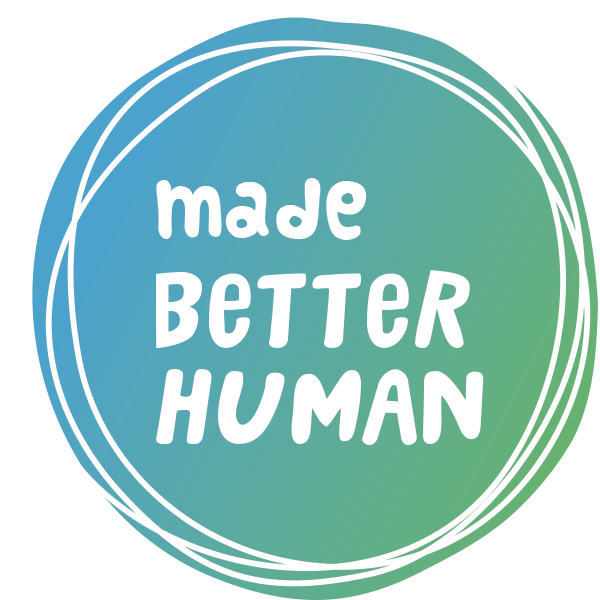From a narrative practice perspective, empowerment stories are crucial because they help individuals reclaim agency and control over their lives. Narrative practice posits that the stories people tell about themselves shape their identities and experiences. Often, individuals, teams and even organisations are stuck in "problem-saturated" stories that focus on their challenges, failures, or inadequacies. These narratives can be disempowering and limit our ability to see the strengths, resources, and potential that is available for facilitating change. Let’s explore 6 ways in which stories of empowerment can change our life.
1 | Reframing Identity and Meaning-Making: Empowering stories allow us to construct a positive self-narrative. This helps in reinforcing our self-worth, resilience, and our ability to navigate challenges. When we see ourselves as capable and resourceful, we are more likely to take proactive steps toward personal and professional growth.
2 | Challenging Dominant Narratives: Many people are influenced by dominant societal or cultural narratives that may marginalise or oppress them. An example of this might be people thinking they are meant to slow down as they age or telling ourselves we are not supposed to do certain activities because our gender. These are society narratives that may conflict with who you are. Empowerment stories challenge these dominant narratives by highlighting our unique experiences, values, and perspectives, which can counteract feelings of powerlessness in the face of dominant narratives.
3 | Creating Alternative Stories: Narrative practice encourages the creation of alternative stories that emphasise our personal agency, choices, and ability to influence outcomes. These stories provide a more balanced and hopeful view of life, enabling us to envision and work towards preferred futures. When we internalise empowering stories, we are more likely to engage in behaviours that are aligned with these narratives. For example, recalling a difficult phase in our lives as a story of overcoming adversity can inspire us to persevere in the face of future obstacles.
4| Building Resilience: Empowerment stories are often centered on how individuals have overcome adversity or made positive changes in their lives. By focusing on these stories, individuals can build resilience, recognising that they have the capability to face challenges and grow from them. Empowering stories help us reclaim our agency by emphasising our role as active participants in our lives. We shift the focus from external circumstances to personal strengths and capabilities, enabling us to feel more in control of our outcomes.
5 | Facilitating Change: Empowerment stories are not just about recognising past successes but also about envisioning future possibilities. They encourage us to see ourselves as active agents of change in our lives, which can motivate us to take steps toward our goals. Empowering stories can inspire us to aspire to greater heights. They serve as a reminder of what is possible and encourage us to align our actions with our aspirations.
6| Strengthening Relationships: In narrative practice, sharing empowerment stories with others can strengthen relationships by building mutual respect and understanding. It allows us to connect with others through shared experiences of overcoming challenges and striving for positive change. Our resilience and ability to move through difficulties can unite us with others who have overcome similar experiences. It can also make us more empathetic and supportive when we see others going through difficult experiences.
Empowerment stories in narrative practice are essential because they help individuals move from a place of feeling stuck or powerless to one of agency, possibility, and hope. By rewriting our stories to focus on our strengths and abilities, we can reclaim our sense of self and create a more fulfilling and empowered life narrative.
Use our free template for how to deconstruct problem stories to guide you towards creating new, empowering stories.

